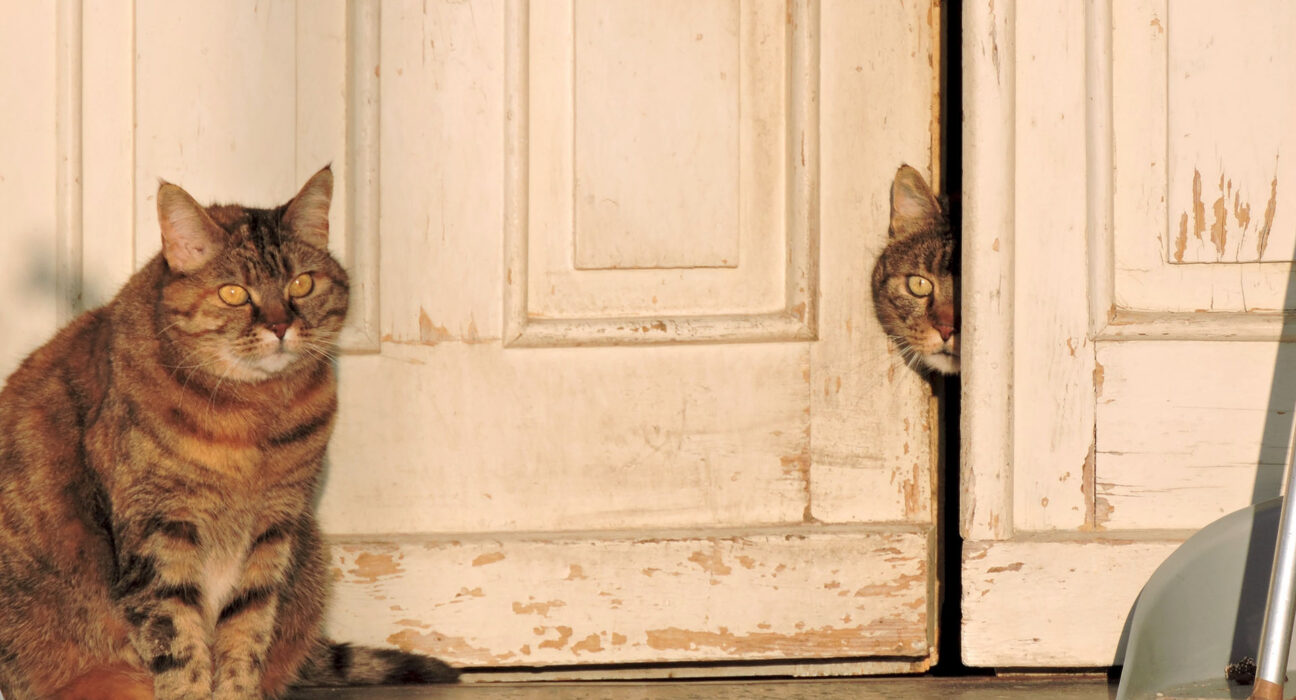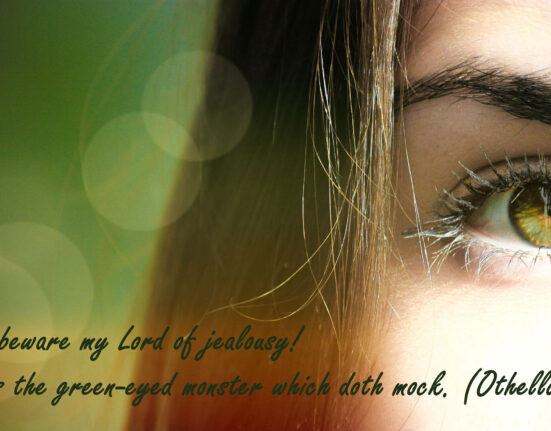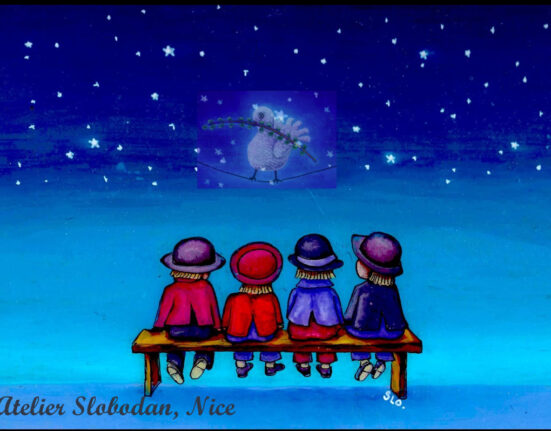International nomads have much in common; a sense of adventure, courage, adaptability and even a touch of the romantic. We flock together because we find a sense of belonging in ‘otherness’. Having attempted to woe our new neighbours with muffins and homemade lasagna, we may give up and settle for the easy intimacy of the international crowd. An intimacy that can sometimes lead to a feeling of ‘us’ incomers, against ‘them’.
The great psychoanalyst Jung once said that everything that irritates us about others can lead us to an understanding of ourselves. And this reflects a wonderful inner psychological dance. Unconsciously we strive for inner equilibrium and harmony. Our psyche constantly calls us out on ‘rescuing’ self-aspects that have disappeared into the shadows.
And so, while it is entirely human to notice the differences between cultures and to be confounded by them, it may well block your own growth and the possibility of reclaiming an inner self-part that has been lurking in the psychological shadows.
Oh those ‘reserved’ Swedes…
I was thirty-two when I first came to live in Sweden accompanied by my Swedish partner and son. And I brought my very Dutch opinionated, brash, socially forthright ‘self’. My new Swedish friends and family found my forthright Dutch attitude charming, at first, but over time I clearly got the message that I might tone it down a little. Ironically, the more I expressed myself in Swedish, the more I felt beholden to a certain social norm. That led to a sense of rejection, a subtle sense of ‘getting it wrong’ or being ‘too much’ and I became quieter, though more out of a sense of hurt than a sense of creative exploration. And I soon formed an ‘opinion’ that all Swedes were reserved to the point of being rude.
It was during my therapist training that someone invited me to explore my ‘opinion’ and it was suggested that I might even explore what happened if I mirrored the behaviour, rather than fight it or judge it. Just as an experiment. Just for fun!
That gave me permission to sit through an entire dinner contributing not much more than the occasional “ah” or “euh”. And to sit through our training workshops being silent as a mouse, rather than the first to stick up my hand and contribute. I began noticing things that my more extroverted self-part had never noticed before. And I discovered I quite enjoyed being the observer rather than the constant mover and shaker. Back home this would have immediately elicited the question, “is there something wrong?” yet here I was given the space to just ‘be’.
But at the same time, I also felt an old pain welling up, the feeling of being ‘overlooked’ in childhood, where all the attention was going to my smarter older sibling. Re-experiencing this earlier childhood wound with more awareness, I could also see why some of by brash and fun-loving outwardness came from hurt rather than spontaneity. And how that might sometimes come across as a little desperate.
By opening up to experimenting with this other relational style, a new self-part in me stepped to the fore and blossomed. I found it quite restful to sit and watch the social flow, be still, and allow my inner life to slow down and quieten. But I didn’t lose the love of the cut and thrust of a good debate. One did not develop at the cost of the other, as it had before. Over time the extroverted self and the introverted self even learned to tolerate each other and began to cooperate. I now had a choice, in each situation, to reveal whichever aspect of my nature was most congruent.
The evolution of the shadow dance
You might ask then why we relegate certain parts of ourselves to the shadows of our unconscious? The average new-born to about four-year-old is still un-curated and spontaneous. Yet growing up means we learn that certain aspects of our character are correct and loveable, while other parts are not. We do this in response to the people and the cultures that mirror back to us who they would like us to be rather than who we really are. A frown on your mother’s brow as you run around the house may soon have an energetic self-part diving for cover in the shadows. Or, as in my case, silence at the dinner table that elicits “are you okay?” gradually tells the shy, introverted part that she is not welcome.
But what happens next is psychological magic, because for the rest of our lives our unconscious self tries to rescue these parts from the shadows. And one sure fire way is to ‘project’ these shadow-aspects on another person. That way it remains ‘alive’. And these can be positive as well as so-called negative traits. Because even the ideation of another person is a form of projection.
Romantic partners know this all too well. “I love the wild energy” and “I love the calm”, really means, “you do the energetic wildness for me that I’ve repressed,” and “you be the peace inside myself that I cannot find.” So inevitably, these attractions become the very annoyances that couples will bring to their relationship therapist some five to ten years later. Because secretly we are jealous, they get to do the one thing that we have curated out of our own character. My annoyance at the more introverted Swedes was really a projection from the shy Lysanne that I had repressed in my own system. They had permission to be something that she did not.
Whatever triggers us in our relationships or in a culture, whatever causes us to fume or to faun, inevitably gives you a clue to something unresolved in your own inner world. And I would repeat the invitation once given to me: see what emerges if you mirror rather than judge the behaviour. Just as an experiment. Just for fun!
Listen to this article:
Lysanne Sizoo, international Mental Health specialist
With over two decades of experience, Lysanne Sizoo specializes in assisting expatriates, international professionals, and global nomads facing mental health challenges. Her professional journey has taken her to the United Kingdom, Sweden, New Zealand, and the Netherlands. In 2023 she relocated from Holland back to Stockholm for the second time around and meets clients both online and in her office on Södermalm.
Living away from one’s native country comes with its unique set of psychological hurdles, alongside the everyday ups and downs of life. This holds true for global nomads, cross-cultural adults, and children alike.
In these articles Lysanne writes about the different challenges that face us in life, as expats and as ordinary human beings. She uses her own experience as a jumping off point for reflections on how to use the lessons from therapy to live a more contended and congruent life.
If you have specific topics or issues that you’d like Lysanne to explore in her articles, please reach out via the contact form on this website or directly through her personal website. Rest assured, your privacy and confidentiality will be upheld.














2 Comments